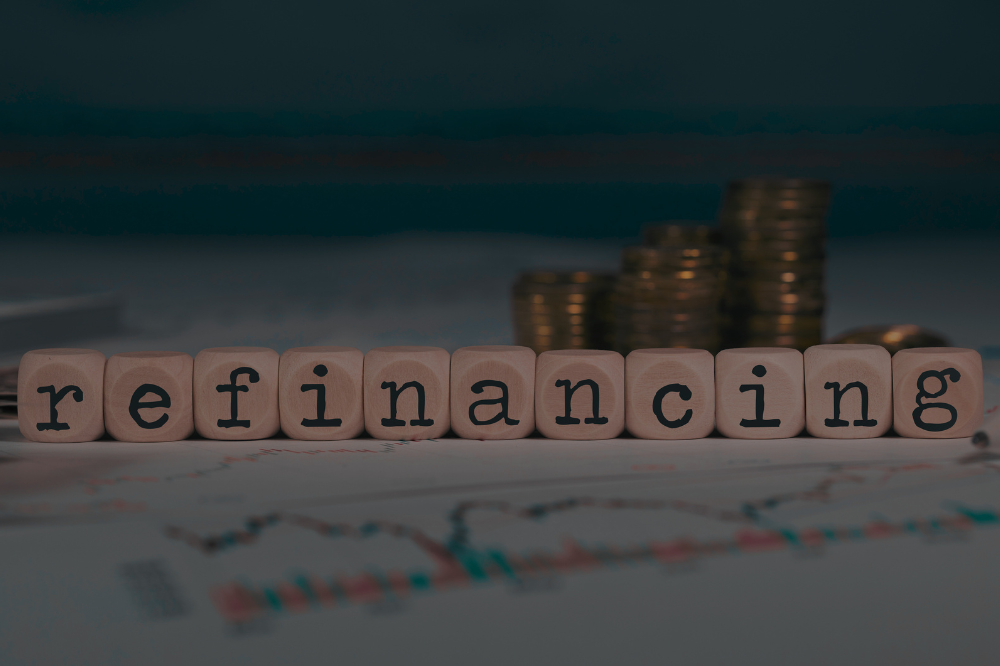As the Federal Reserve cut interest rates by a half percentage point, find out whether you should refinance a loan or not!
The Federal Reserve recently announced a 0.5% (50 basis points) interest rate cut. Many Americans are now considering how to take advantage of this first rate reduction since the early days of the Covid pandemic and experts have been very vocal about whether or not you should, for example, refinance a loan as interest rates fall.
According to Stephen Foerster, a finance professor at Ivey Business School, how soon you feel the impact depends on whether your financing rates are variable or fixed. Some adjust faster than others, while some won’t adjust at all – unless you refinance.
A NerdWallet report revealed that 18% of consumers were planning on refinancing their loans once rates dropped, based on a July survey of over 2,000 U.S. adults. However, while refinancing may seem appealing, experts advise that it depends on the type of loan and other factors.
Mortgage
Mortgage rates are partially influenced by the Federal Reserve but are also tied to Treasury yields and the economy, meaning they may still fluctuate. According to Jacob Channel, a senior analyst at LendingTree, many homeowners already have lower rates than what they could get by refinancing, except those who bought homes in the last two to three years. A Redfin report from 2023 found that 82% of homeowners have mortgage rates below 5%, and 62% have rates under 4%.
“There isn’t a universal rule for when people should think about refinancing a mortgage. Some people will tell you that you shouldn’t think about refinancing until you could get a rate that’s at least 50 basis points lower than what you currently have, others will say that you should wait until you could get a rate that’s 100 or more basis points lower”, Channel pointed out.
Credit Card Debt
Since most credit cards have variable rates, they’re directly affected by Federal Reserve changes. Over the past year, the average credit card rate increased from 16.34% in March 2022 to over 20% today. Although rates may decrease slightly following the Fed’s cut, the change won’t be drastic. So, refinancing high-interest credit card debt is still a smart move.
“A 0% balance transfer card is likely your best choice, assuming you have good enough credit to get one. A low-interest personal loan can be a good tool, as well”, Matt Schulz, chief credit analyst at LendingTree advised.
Auto Loan
While auto loans have fixed rates, new-car loan rates will decrease as the Federal Reserve cuts rates. However, refinancing an existing auto loan might not be a good idea. Ivan Drury, Edmunds’ director of insights, noted that auto loan interest is weighted more heavily toward the beginning of the loan term. If you’ve been paying for a year or two, you may have already covered a significant amount of interest. Although refinancing can lower your monthly payments, it might increase the total interest you pay over the life of the loan, he added.
Student Loan
If you have private student loan with variable rate, refinancing may become more appealing as interest rates drop. According to higher education expert Mark Kantrowitz, borrowers can refinance to take advantage of lower rates, improved credit scores, or to switch lenders.
However, refinancing federal student loan into private ones comes with risks. Federal loans offer safety nets such as deferment, forbearance, income-driven repayment plans, and even loan forgiveness programs. Switching to a private loan eliminates those protections, he noted.

